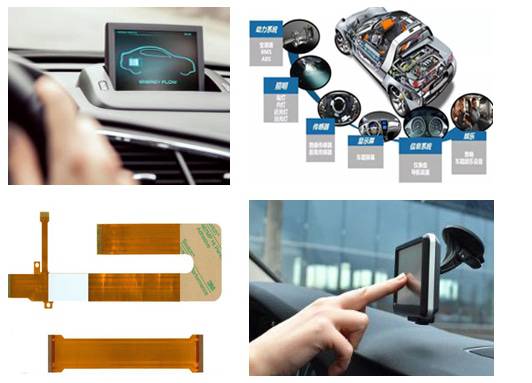At present, in the domestic assisted autonomous driving (ADAS) market, foreign suppliers have occupied a larger market share. Now it is a better market opportunity for local ADAS companies. First, the original OEMs are more dependent on suppliers, allowing them to provide a turnkey project. This business model may be more suitable for joint ventures or foreign-funded enterprises. The situation is changing. At present, more and more OEMs hope to take some core technologies into their own hands. The second is that the relationship between suppliers and OEMs is also changing, the collaboration between them has become closer, and an ecosystem will be established.
PCB manufacturers believe that, on the one hand, this has little impact on automobiles, on the other hand, it may promote the development of China’s chip industry to a certain extent. Recently, Huawei has officially become an auto parts company, with intelligence as one of its main directions, attracting attention in the industry. Many companies, including Huawei, have invested in it, providing an opportunity for fair competition. Huawei also needs a certain amount of time to accumulate certain experience. The continuous participation of new companies throughout the industry is beneficial to the development of the industry.
Recently, with the testing of autonomous taxis on the road and the “boarding” of various auxiliary autonomous driving technologies, autonomous driving has attracted much attention. Regardless of the level of autonomous vehicles, safety always comes first. Therefore, the primary purpose of developing intelligent driving and automatic driving systems is to improve the safety of vehicles and provide drivers and passengers with safer and more reliable travel tools.
